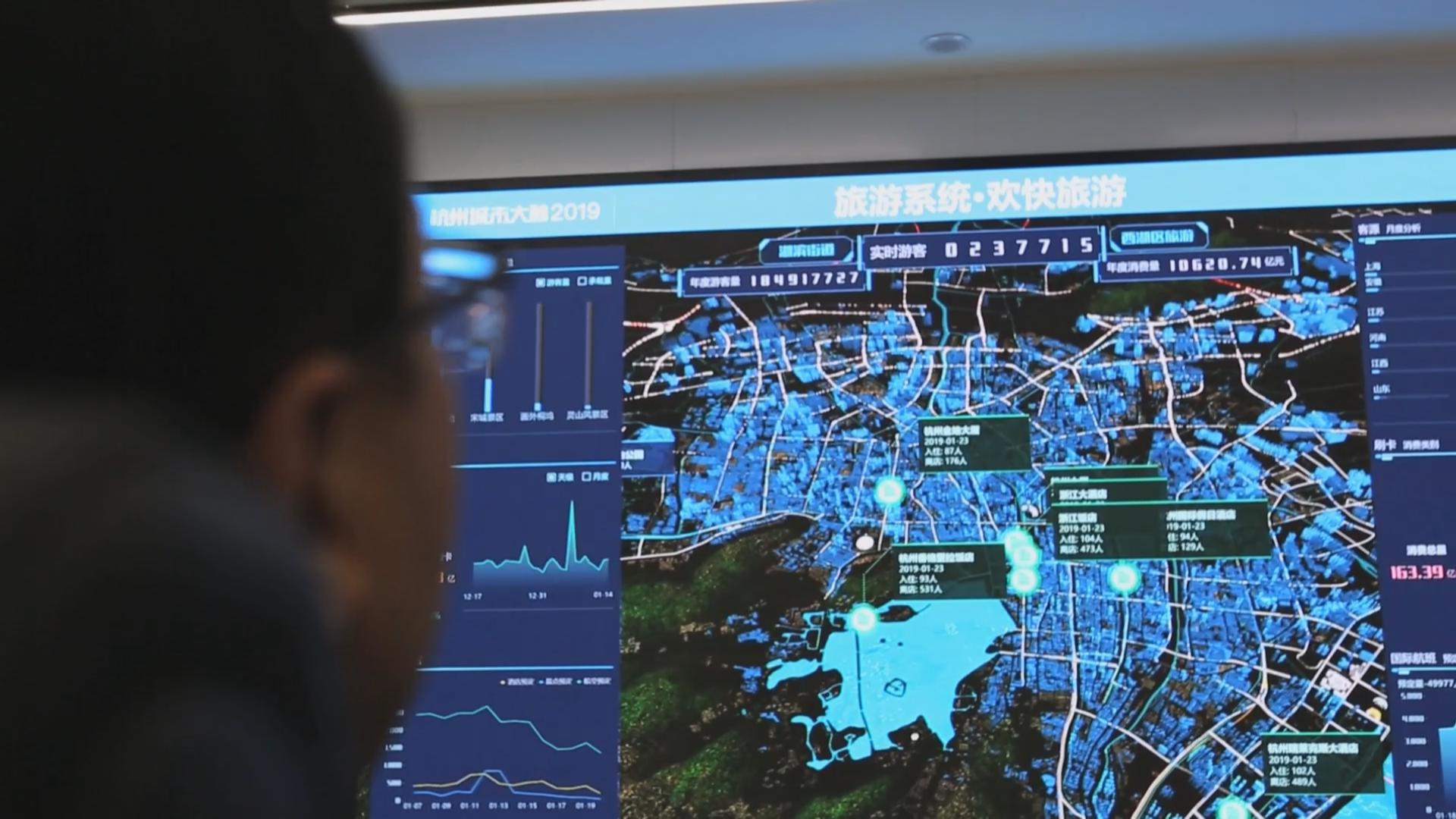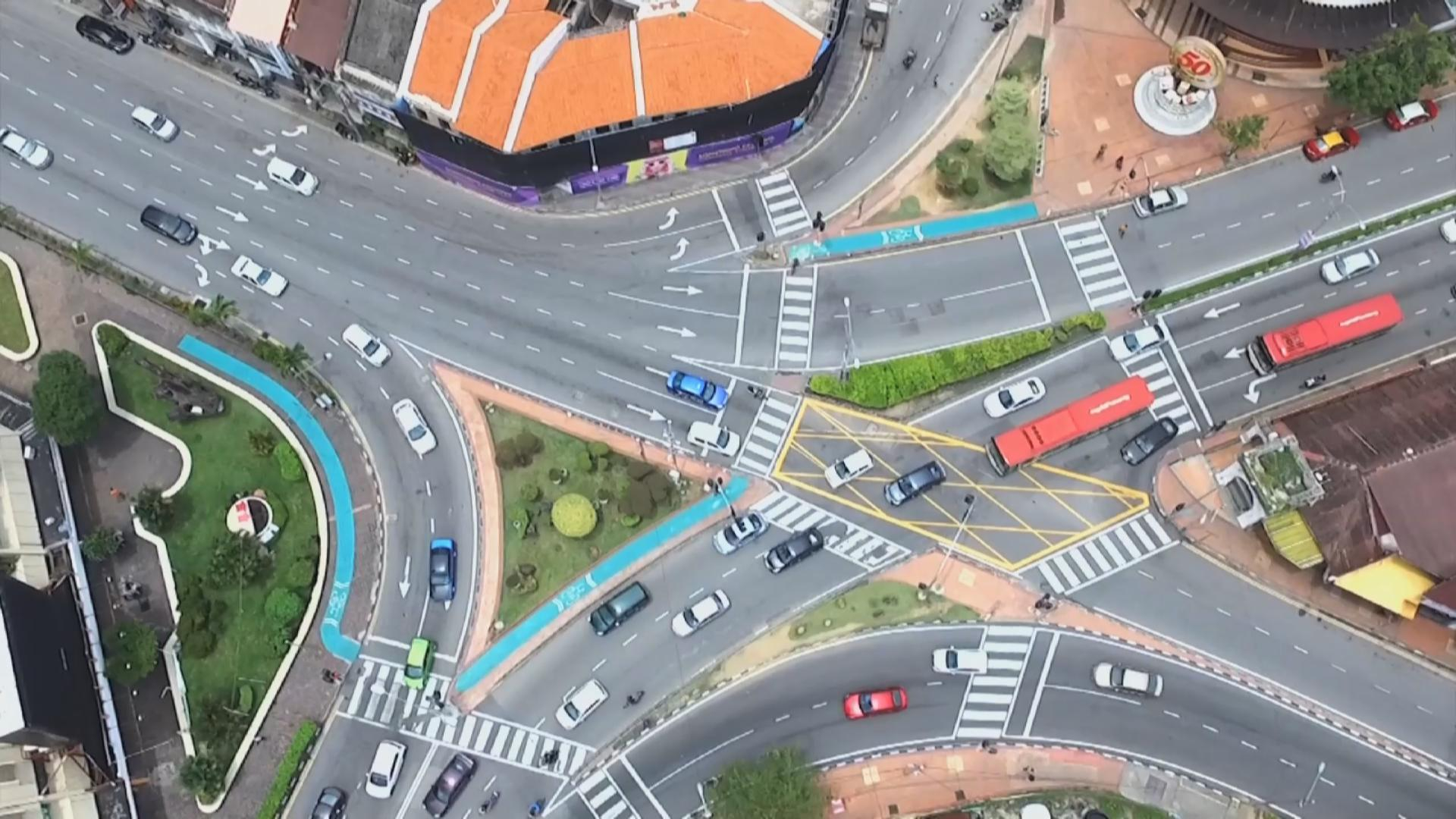
Money Stories
20:57, 01-Mar-2019
Smart cities emerge as China leads the push
New Money Team
04:07

At the traffic police control center in the eastern Chinese city of Hangzhou, thousands of live camera feeds and endless streams of data represent the pulse of the city. In one room, a team of only four officers manages 1,300 signalized intersections, almost a mission impossible made possible by the City Brain, the team's invisible and powerful assistant.
The City Brain is part of an artificial platform designed by tech giant Alibaba's cloud computing and AI arm. It analyses data to automatically allocate the city's public resources where they are needed the most.
05:07

In Tonglu County in Hangzhou, the local government has already opened the city's first digitalized tourism route based on the City Brain system. In December 2018, 150 early visitors purchased an AI-assisted trip through the area with a single tap on their smartphones.
The digitalization effort is also transforming the health care sector. In Hangzhou's Fuyang District, the smart hospital service has allowed patients to book a doctor's appointment from the comfort of their home, saving them from what used to take hours of queuing at the hospital. Payments can be made through a smartphone, with a final bill sent to the patients, freeing them from making payment for the every single step of the long process.
01:52

China is throwing its weight behind developing smart cities. According to a report by Deloitte China, over 500 cities in China have specifically proposed to build or are in the process of building smart cities, accounting for half of all such projects worldwide.
After an initial round of localized trials, Alibaba's ET City Brain is being introduced to 10 other Chinese cities, including Hangzhou, Quzhou and Macao. It has also established a presence overseas, as the smart city solution for Kuala Lumpur, the capital of Malaysia.

SITEMAP
Copyright © 2018 CGTN. Beijing ICP prepared NO.16065310-3
Copyright © 2018 CGTN. Beijing ICP prepared NO.16065310-3